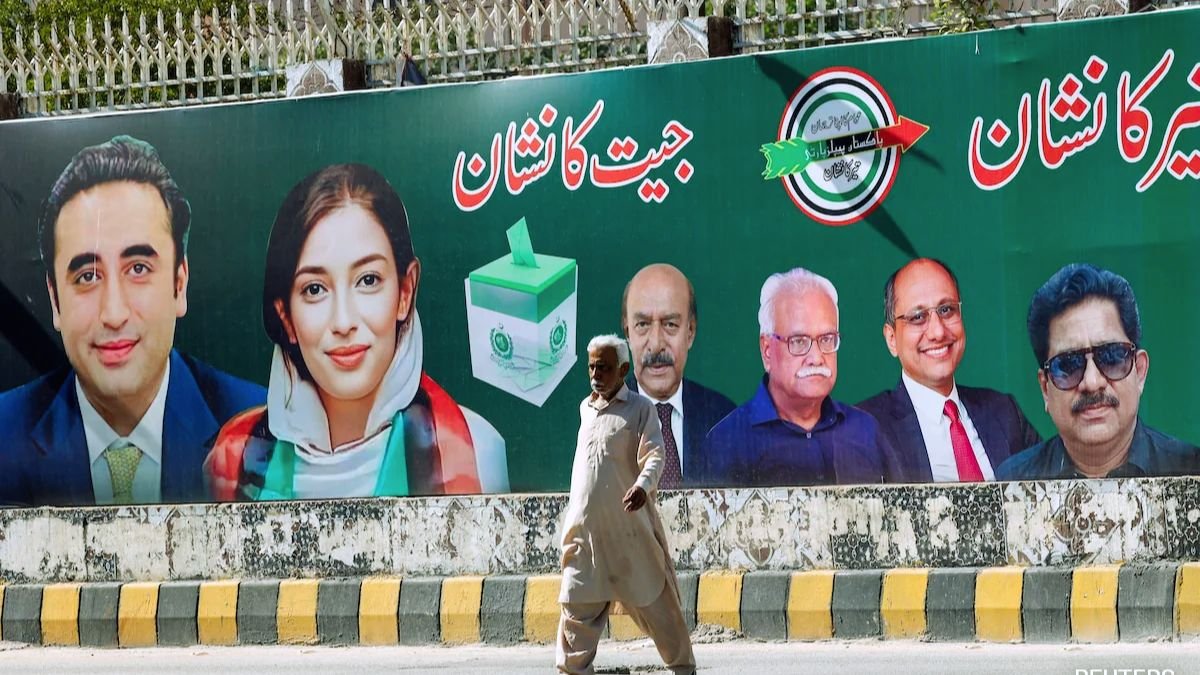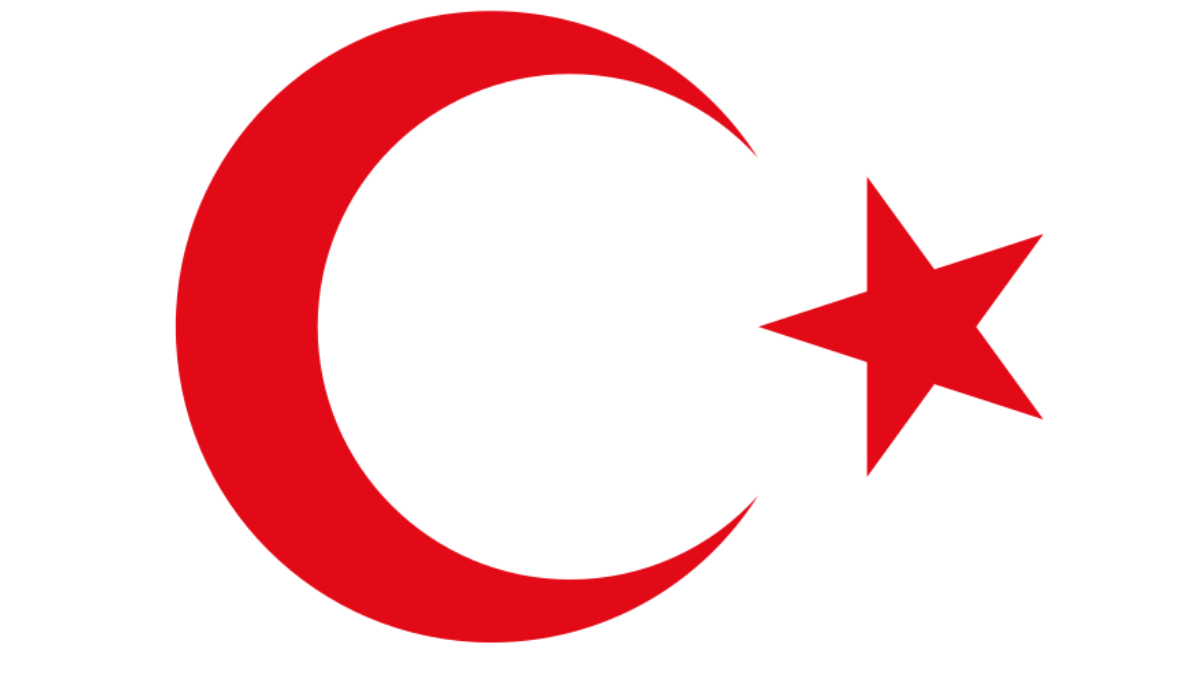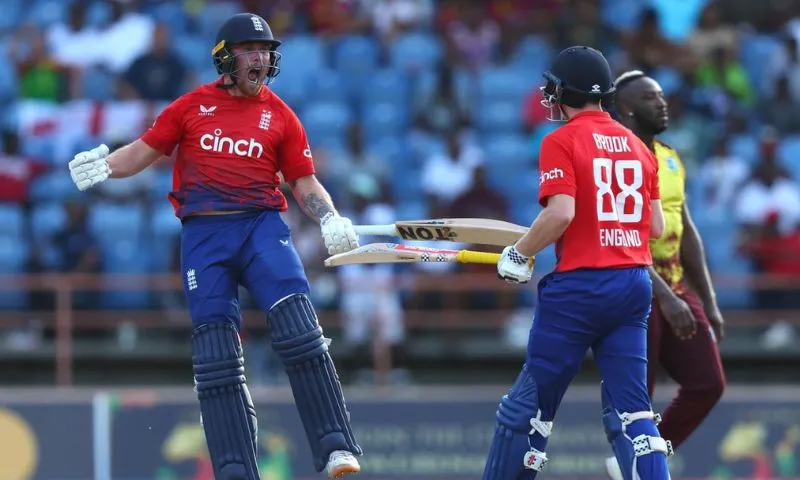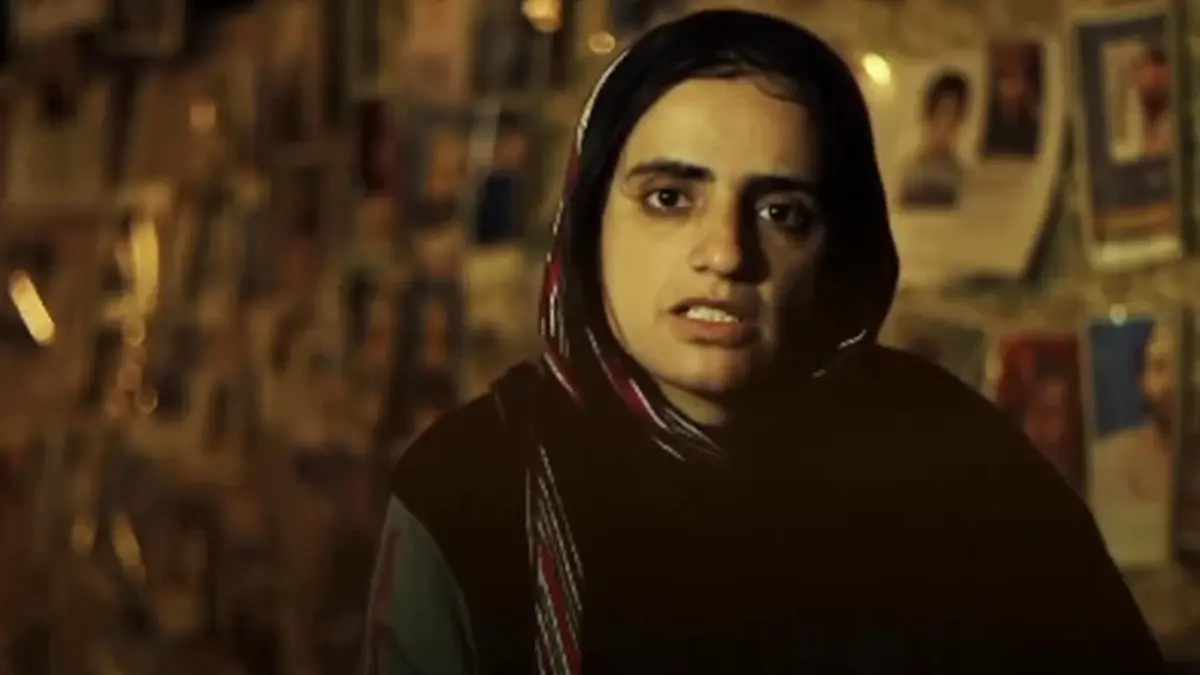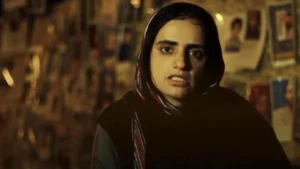Gunfire and clashes erupted in the capital of Guinea-Bissau this week, signaling what President Umaro Sissoco Embalo termed an “attempted coup.” The unrest occurred after two government officials were freed from custody, leading to clashes between the National Guard and special forces of the Presidential Guard.

The confrontations began on Thursday night and persisted into Friday, triggered by the release of two senior government officials detained in a corruption investigation. The turmoil in the small West African nation resulted in at least two casualties.
President Embalo, who was away in Dubai for the COP28 climate conference, returned to Bissau on Saturday and characterized the events as an “attempted coup d’etat,” warning of serious consequences.
Check out this awesome Tweet! https://twitter.com/GovtofPakistan/status/1730986993520402553?s=20
— GovtofPakistan (@GovtofPakistan) Tweet Link
By noon on Friday, calm had been restored, with the army announcing the capture of Colonel Victor Tchongo, the National Guard commander. Security presence in Bissau was reduced on Saturday, though soldiers remained visible around key locations like the presidential palace and ministries.
The Economic Community of West African States (ECOWAS) condemned the violence, expressing solidarity with Guinea-Bissau’s people and constitutional authorities. ECOWAS called for the arrest and prosecution of those responsible for attempting to disrupt constitutional order.
UN Chief Antonio Guterres’ spokesman, Stephane Dujarric, urged calm and called on security forces and the army to refrain from interfering in national politics.
The unrest originated when National Guard members stormed a police station to free Finance Minister Souleiman Seidi and Treasury Secretary Antonio Monteiro, who were being questioned about the reported withdrawal of $10 million from state coffers. The duo, initially detained under state prosecutors’ orders, faced subsequent detention by the army after being removed from National Guard control.
Guinea-Bissau has a history of instability, witnessing at least 10 coups or attempted coups since gaining independence from Portugal in 1974. Embalo, elected in December 2019, survived a failed overthrow in February 2022.
The incident adds to a trend of military takeovers in West Africa, with multiple occurrences in Mali, Guinea, Burkina Faso, and Gabon over the past three years.


